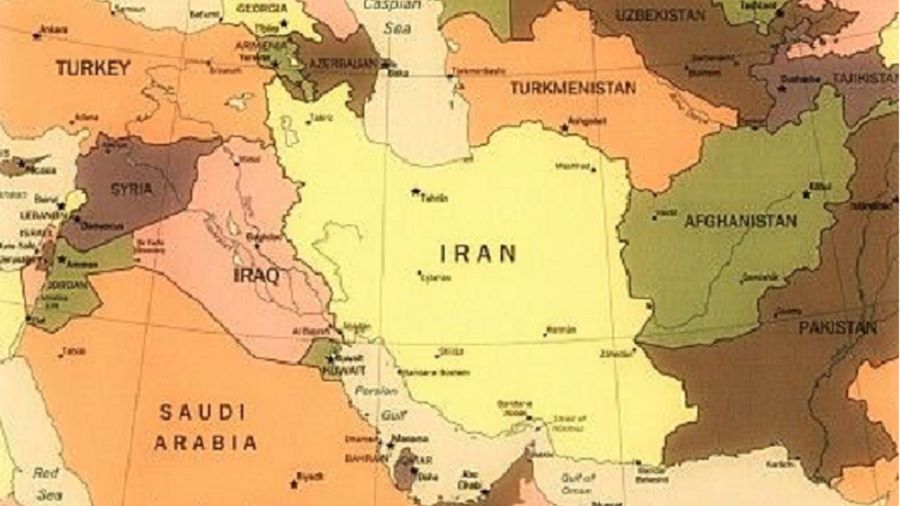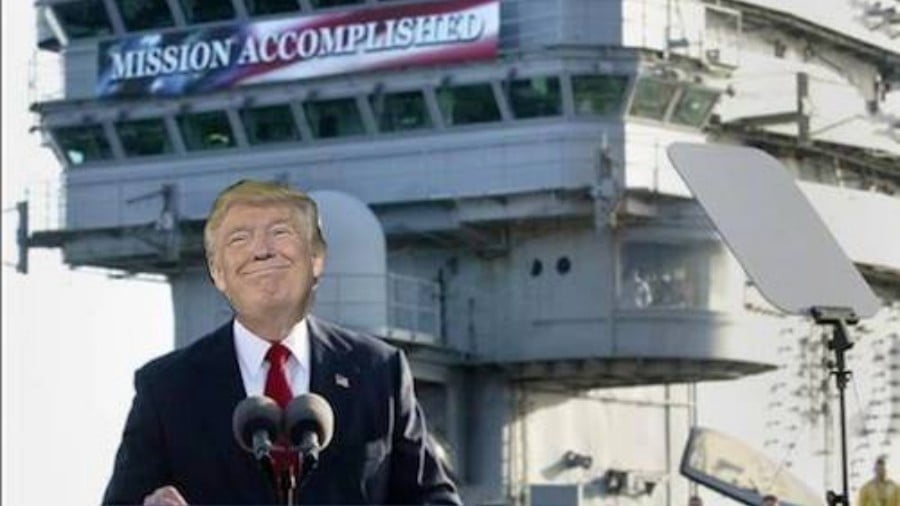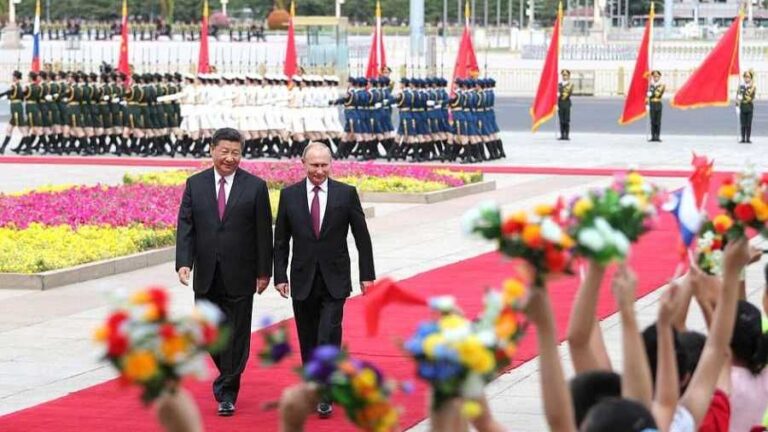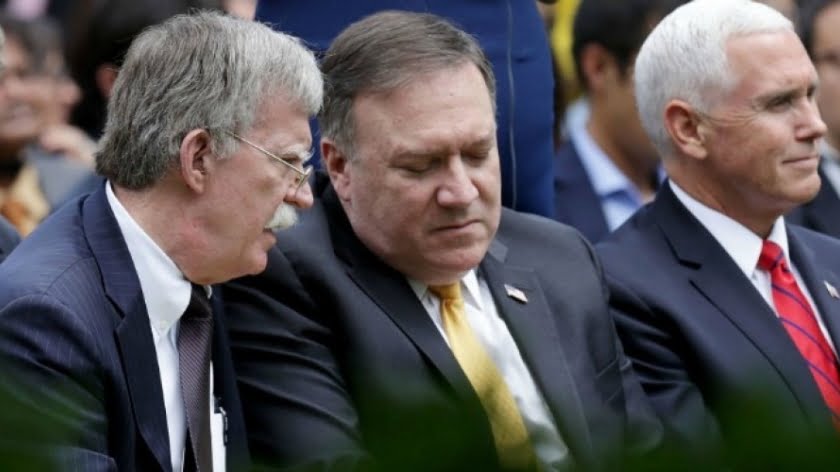Iran Is Wisely Marketing Itself As A Conduit For Russian-Pakistani Trade
The Iranian Consul General to Pakistan’s proposal on 16 July that his country could serve as a conduit for Russian-Pakistani trade was extremely strategic since it shows a keen awareness of the Islamic Republic’s role in Eurasia’s rapidly evolving geo-economic environment.
Eurasia’s geo-economic environment is rapidly evolving in light of several interconnected developments over the past year. February’s agreement to construct a trilateral railway between Pakistan, Afghanistan, and Uzbekistan (PAKAFUZ) challenged the strategic viability of the North-South Transport Corridor’s eastern branch (E-NSTC) from the Indian-controlled Iranian port of Chabahar to Afghanistan and the Central Asian Republics (CARs). Kabul hammered another nail in that project’s coffin last month during the virtual trilateral Foreign Ministers meeting alongside the top diplomats from Beijing and Islamabad when it committed to rely on the Belt & Road Initiative’s (BRI) flagship project of the China-Pakistan Economic Corridor (CPEC). Although Russia still officially remains interested in the NSTC, Foreign Minister Sergey Lavrov enthusiastically endorsed Central Asian-South Asian connectivity during a topical conference in the Uzbek capital of Tashkent in mid-July, which can be interpreted as Moscow’s approval of PAKAFUZ and willingness to use this project to reach South Asia.
As it presently stands, Iran can’t bank on the NSTC as much as it initially expected. This initiative will still likely facilitate some Russian-Indian trade as intended, but nowhere near what the most optimistic observers had hoped for. The Islamic Republic’s strategic consolation is that Azerbaijan’s proposed six-nation integration platform will probably become its new priority and thus connect Iran more closely with Russia and the other four members of this platform. Even so, Tehran would still prefer to become a transregional economic player in Eurasia, the vision of which it aims to advance through March’s 25-year strategic partnership deal with China. I wrote at the time that this game-changing development could be leveraged to facilitate Russian-Pakistani trade through the western expansion of CPEC into the Islamic Republic (W-CPEC+) where it would then mostly proceed parallel with the NSTC’s original route. Some critics were skeptical of this ambitious vision, but my views have just been vindicated by the Iranian Consul General to Pakistan.
The Express Tribune reported that Mr. Mohammad Reza Nazeri said on 16 July while speaking at the first session of the Pakistan-Iran Business Facilitation meeting that Iran is a beneficiary of CPEC and can facilitate Pakistan’s trade with Central Asia and Russia. This statement very strongly suggests that he has a keen awareness of the Islamic Republic’s role in Eurasia’s rapidly evolving geo-economic environment. With E-NSTC having been made largely redundant by PAKAFUZ, which in turn also reduced the strategic viability of its core function of facilitating Russian-Indian trade, it makes sense for Iran to position itself as a conduit for Russian-Pakistani trade in order to redeem this project’s transregional importance for connecting Eastern Europe with South Asia. It can also serve as a temporary workaround to trans-Afghan trade between the two for as long as the situation in that landlocked country remains violently unstable. Put another way, Iran finally realizes how important Russian-Pakistani connectivity is nowadays and thus wants to play an important role in facilitating it.
Guided by this flexible approach to Eurasia’s rapidly evolving geo-economic environment, Iran can realistically retain its transregional geo-economic importance despite the NSTC’s initial Russian-Indian connectivity function having been reduced due to recent developments related to PAKAFUZ and New Delhi’s general realignment towards the West (including through its abidance to the US’ unilateral anti-Iranian sanctions regime). The expected influx of Chinese capital and the connectivity projects that it could be responsible for as a result of their 25-year strategic partnership deal could greatly enhance Iran’s transregional connectivity attractiveness, especially with respect to facilitating Russian-Pakistani trade. The expansion of W-CPEC+ to Russia via Iran and Azerbaijan would also improve the viability of the Golden Ring concept for assembling a new multipolar network in the Eurasian Heartland, which would serve the strategic interests of all the involved countries.






